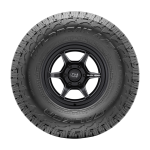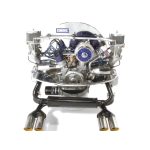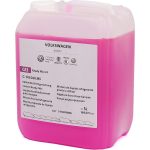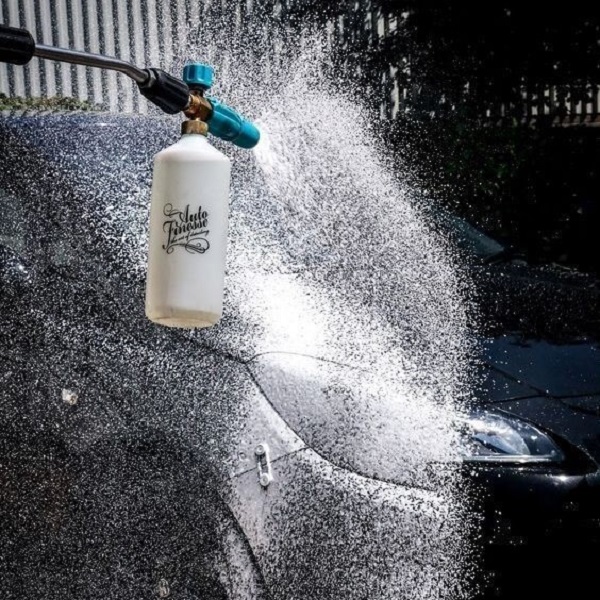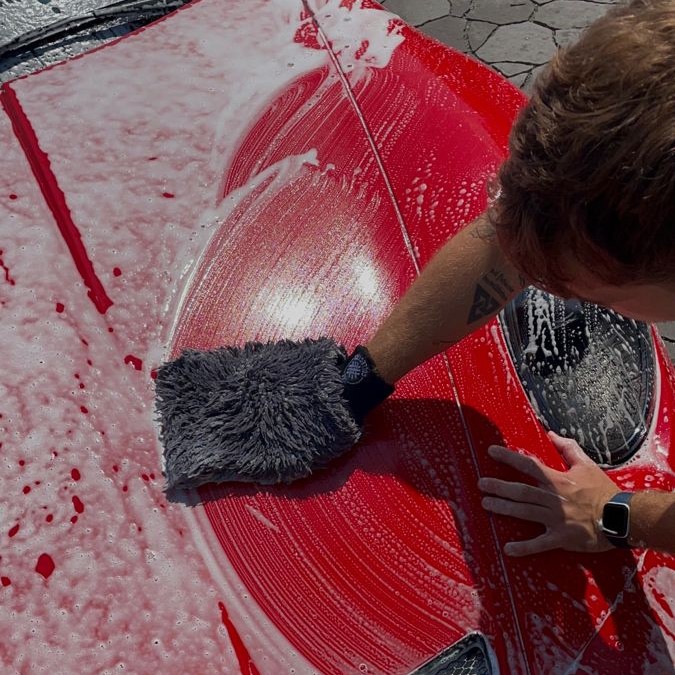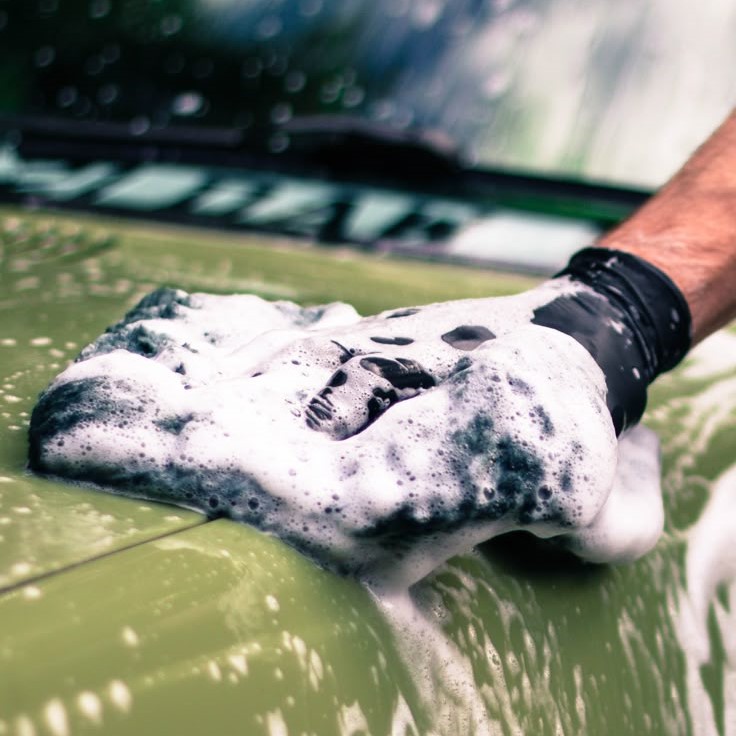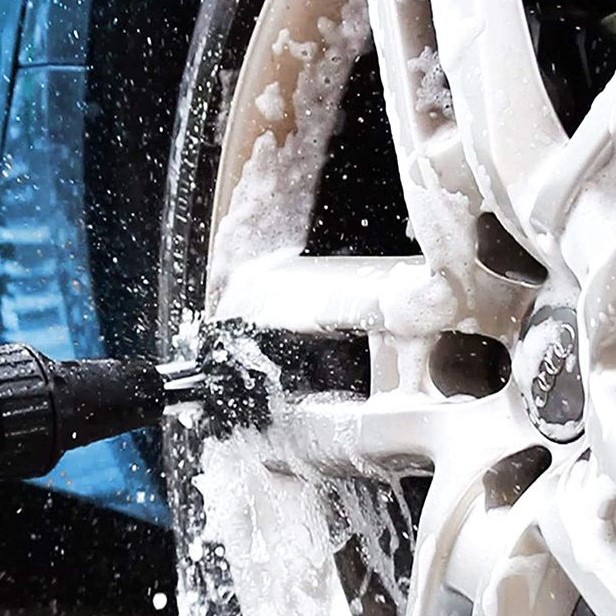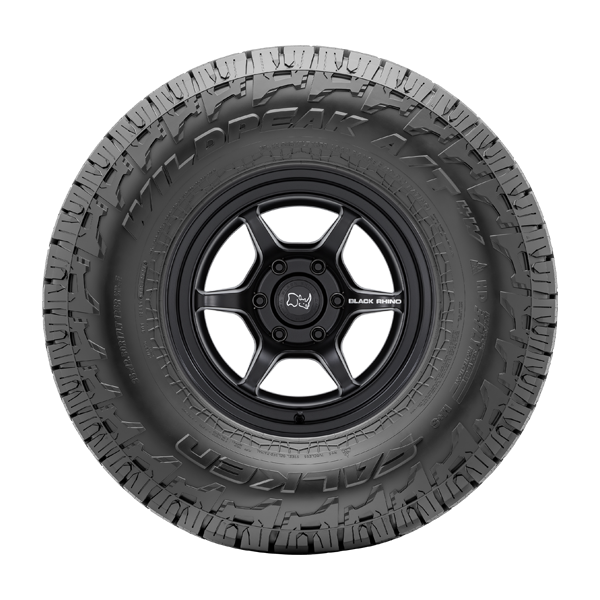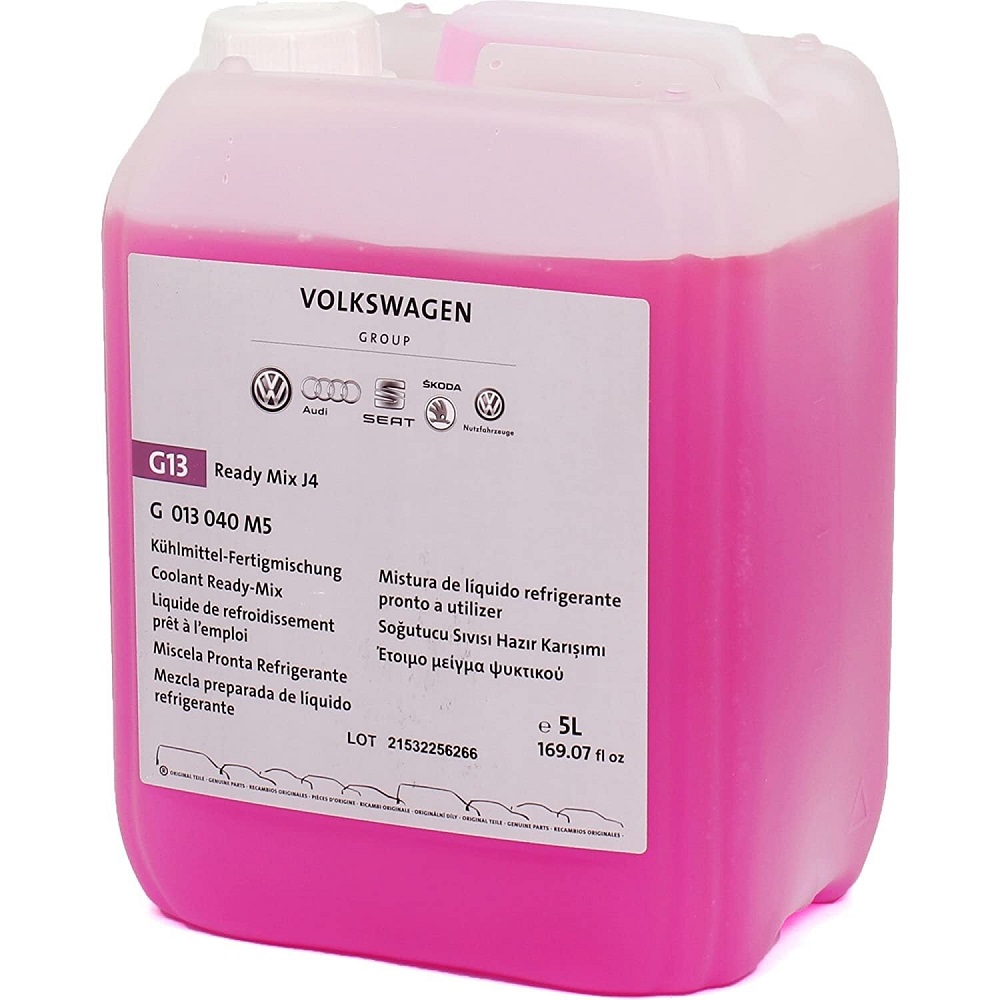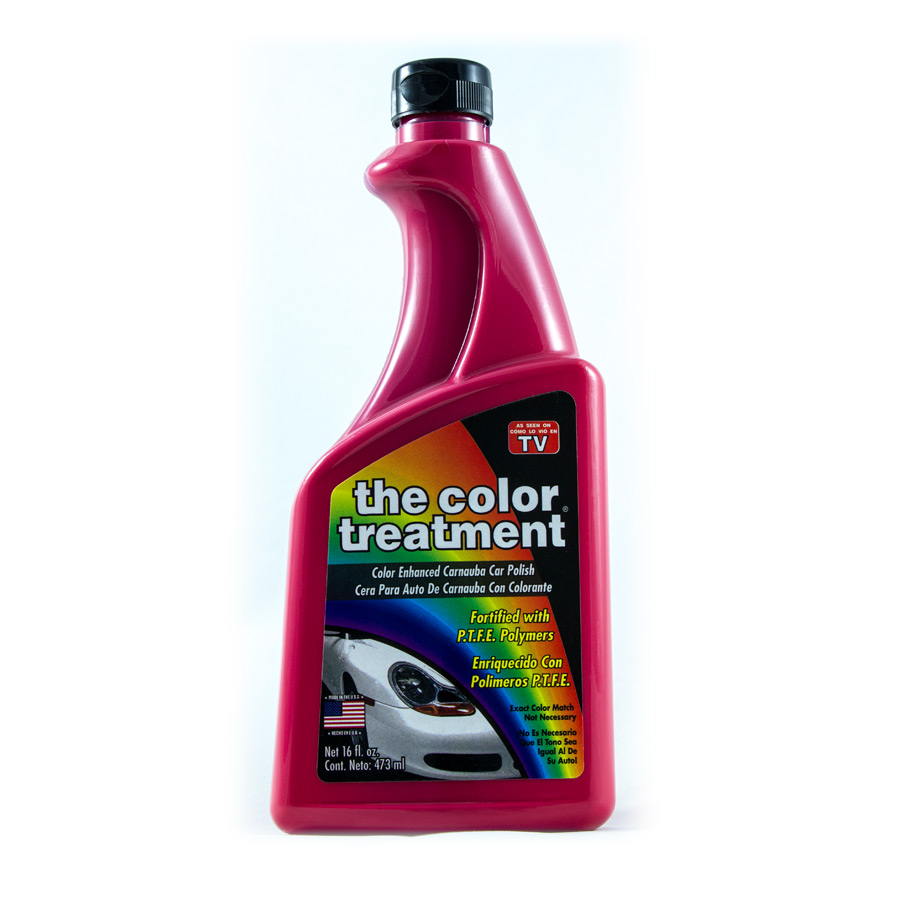What Is Washer Fluid and Why Is It Important?
Washer fluid plays a vital role in maintaining clear visibility while driving. It is a specially formulated liquid designed to clean your car‘s windshield. Using it ensures that dirt, debris, and other contaminants do not obstruct your view. Without washer fluid for car, you risk driving with a dirty windshield, which can compromise safety. Let’s explore its role in your car’s upkeep and the contaminants it removes.
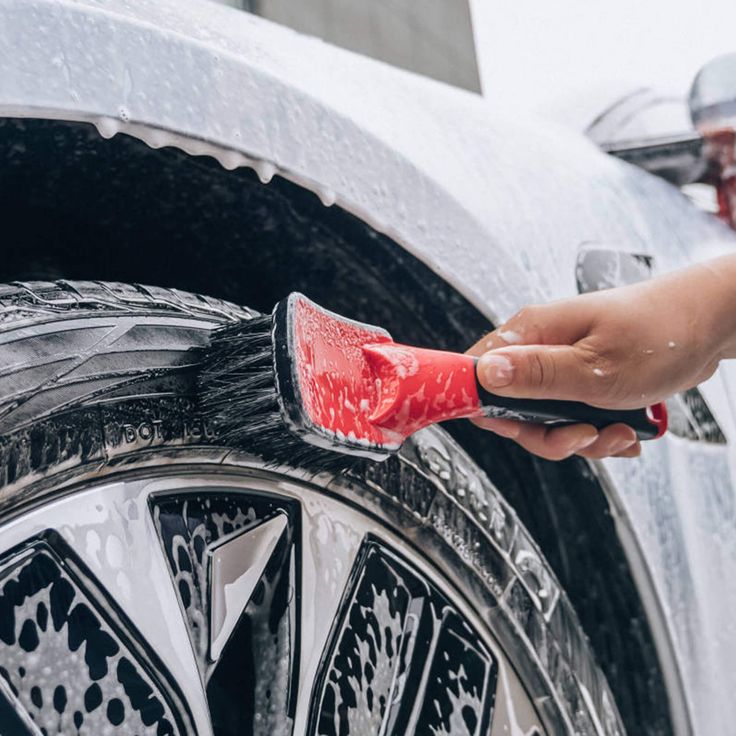
The Role of Washer Fluid in Car Maintenance
Washer fluid is more than just a cleaning agent. It keeps your windshield free from grime, enhancing your driving experience. This helps reduce wear on wiper blades, prolonging their lifespan. By cleaning efficiently, washer fluid prevents scratches caused by dust or dirt particles. It also supports safety by improving visibility during tricky weather, like rain, snow, or fog.
Regularly using washer fluid ensures that your windshield stays spotless, contributing to overall car maintenance. It prevents contaminants from accumulating and reduces the hassle of manual cleaning.
Types of Contaminants Washer Fluid Removes
Washer fluid is effective against various contaminants. These include:
- Dust and dirt: Common accumulations caused by driving on dry or unpaved roads.
- Bug splatter: Especially during warmer months when insects hit windshields.
- Bird droppings: Difficult stains that washer fluid can soften and remove easily.
- Water spots and road grime: Leftover from rain or dirty roads.
- Tree sap and pollen: Sticky residues common in areas with dense vegetation.
Using the right washer fluid removes these contaminants, keeping your windshield clean and clear. The type of washer fluid for car you choose can also determine how effectively these substances are dealt with.
Different Types of Washer Fluids
Choosing the right washer fluid for your car can greatly impact its performance and safety. Understanding the different types available is key to making the best choice. Let’s dive into the main categories of washer fluids.
Standard Washer Fluids
Standard washer fluids are the most common type used by drivers. They are designed for general cleaning and are effective at removing dust, dirt, and small debris. These fluids often come premixed and are ready for immediate use. Standard washer fluids are ideal for moderate climates and everyday driving conditions.
Key Features:
- Affordable and widely available.
- Works well for light cleaning tasks.
- May struggle with tougher stains like bug splatter or bird droppings.
If you live in an area with mild weather and few environmental challenges, standard washer fluids may suffice.
Winter Washer Fluids for Cold Climates
Winter washer fluids are specially formulated for extreme cold regions. These fluids contain antifreeze agents that prevent freezing in low temperatures. They are highly effective at removing ice, frost, and salt residue during winter months.
Key Features:
- Contains antifreeze for freezing temperatures.
- Helps clear ice, frost, and road salt stains.
- Ensures smooth operation of washer systems in winter.
For drivers who face harsh winters, this type of washer fluid is a life-saver. It protects your windshield and ensures visibility in icy conditions.
Concentrated vs. Ready-to-Use Washer Fluids
Washer fluids are available in two forms: concentrated and ready-to-use. Concentrated fluids require dilution before use, giving you control over their strength. Ready-to-use fluids come premixed, offering immediate convenience without the need for manual preparation.
Concentrated Washer Fluids:
- Flexible dilution options for different cleaning needs.
- Suitable for those who prefer customization.
- Requires more effort to prepare.
Ready-to-Use Washer Fluids:
- Convenient and time-saving.
- No need for water or extra mixing.
- Ideal for drivers seeking simplicity.
Both options have their advantages, depending on your preference and ease of use. Carefully choose what works best for your cleaning needs and driving conditions.
Understanding these types ensures that you can pick the best washer fluid, enhancing your car’s maintenance and visibility.
Factors to Consider When Choosing Washer Fluid
Selecting the right washer fluid for your car involves careful consideration. It ensures your windshield stays clean and contributes to safe driving. Here are three key factors that should influence your choice.
Weather and Climate Conditions
Climate plays a major role when selecting washer fluid for car. For cold regions, choose winter washer fluid. These have antifreeze properties to prevent freezing, ensuring performance during icy conditions. In warm climates, standard washer fluid often suffices. However, if your area is prone to bugs or pollen, consider a washer fluid designed for tough stain removal. Seasonal variations also matter—always check the specifications for extreme temperatures.
Environmental Impact of Washer Fluid
Environmental considerations are becoming increasingly important. Many washer fluids contain chemicals that can harm the ecosystem. Eco-friendly options use biodegradable ingredients, reducing their impact on plants and wildlife. When choosing washer fluid, opt for formulas free of harsh additives like ammonia or phosphate. Prioritizing the environment ensures cleaner roads and a safer world for future generations.
Compatibility with Your Car’s System
Your car’s maintenance system, including washer fluid reservoirs and sprayers, plays a vital role. Not all washer fluids work well with every vehicle. For example, concentrated fluids need precise dilution, which may clog some sprayers. Check your car’s manual for recommendations. Choosing compatible washer fluid prevents system damage and ensures smooth operation.
Considering these factors ensures that you pick the best washer fluid for your needs. Your driving environment, car system, and the planet will benefit from an informed decision.
DIY vs. Store-Bought Washer Fluids
Choosing between DIY and store-bought washer fluids can affect cost, performance, and convenience. Let’s explore both options to decide what fits your needs best.
Making Your Own Washer Fluid: Pros and Cons
DIY washer fluid allows you to control ingredients and save money. Common DIY formulas include water, alcohol, and dish soap. Adding small amounts of vinegar or ammonia can improve cleaning power for tougher stains.
Pros:
- Cost-effective for regular use.
- Customizable for specific cleaning needs.
- Eco-friendly when using natural ingredients.
Cons:
- Risk of incorrect mixture affecting performance.
- Homemade solutions may lack antifreeze properties for cold climates.
- Potential damage to washer systems if not properly diluted.
Making your own washer fluid for car is ideal if you want an affordable, tailored solution without harmful chemicals. However, ensure compatibility with your car’s system to avoid issues.
Comparing Store-Bought Options
Store-bought washer fluids are pre-formulated for easy use and reliable performance. They offer options for various environments, such as standard cleaning, heavy-duty stain removal, and antifreeze capabilities.
Benefits:
- Ready-to-use, saving time and effort.
- Tested formulas for optimal performance.
- Available in eco-friendly versions to limit environmental impact.
Limitations:
- Higher cost compared to DIY solutions.
- Limited customization options.
- Some may contain harmful chemicals.
Store-bought washer fluids provide convenience and proven results, making them suitable for most drivers. Read labels to choose a product meeting your car’s needs and climate conditions.
Comparing both options helps you decide whether DIY creativity or store-bought reliability is better for your windshield care.
Maintenance Tips for Using Washer Fluid
Proper maintenance of washer fluid for car ensures clear visibility and a well-functioning system. Follow these tips to avoid issues and extend the life of your car’s washer system.
How to Properly Refill Washer Fluid
Refilling washer fluid is quick and simple. Follow these steps to do it correctly:
- Open your car’s hood and locate the washer fluid reservoir. It often has a cap marked with the washer symbol.
- Check the fluid level. If it is low, it’s time for a refill.
- Use a funnel to pour washer fluid into the reservoir. Be careful to avoid spillage.
- Fill only to the marked “full” line on the reservoir. Avoid overfilling.
- Close the cap securely. Ensure it is tightened to prevent leaks.
These steps help maintain the system’s efficiency and make driving safer.
Signs You Need to Replace Washer Fluid
Sometimes, it’s necessary to replace washer fluid entirely. Watch for the following signs:
Cloudy or Dirty Fluid
Indicators of Contamination: Over time, washer fluid can become cloudy or dirty due to exposure to dust, dirt, and road grime. If you notice that the fluid in your washer reservoir appears discolored, it may indicate contamination.
Impact on Cleaning Effectiveness: Old or contaminated fluid can significantly reduce the cleaning effectiveness of your windshield wipers. This can result in streaks, smudges, and inadequate removal of debris. Clean, clear fluid is essential for optimal visibility while driving.
Regular Inspection: It is important to routinely check the appearance of your washer fluid. If it looks cloudy or dirty, it’s a sign that you should drain the reservoir and refill it with fresh washer fluid to ensure maximum effectiveness.
Clogged Sprayers
Mineral Deposits Build-Up: Over time, mineral deposits can build up in the washer system, particularly if you use tap water mixed with washer fluid. These deposits can clog the sprayers, preventing proper fluid delivery to the windshield.
Need for Maintenance: If you notice that your windshield sprayers are not functioning properly, it may be necessary to clean or replace them. Clogged sprayers can significantly affect the performance of your washer system.
Fluid Replacement: As part of the maintenance process, you might also need to replace the washer fluid if it has become ineffective due to contamination or clogging. Ensuring clean, filtered fluid can help prevent future clogging issues.
Ineffective Stains Removal
Frequent Streaks: If your windshield wipers leave streaks or miss spots during operation, it may indicate that the washer fluid is no longer working well. Ineffective fluid can fail to dissolve or remove dirt and grime efficiently.
Evaluating Performance: Assess the performance of your washer fluid after refilling. Persistent streaking or accumulation of stains signifies that the fluid may need replacing, or that the washer system requires maintenance.
Quality of Washer Fluid: The formulation of the washer fluid can also impact its effectiveness. Opting for high-quality washer fluids designed for better streak removal can enhance your windshield cleaning experience.
Seasonal Change
Preparing for Weather Changes: As seasons shift, it is crucial to switch to appropriate washer fluid for the weather conditions you expect. For instance, before the arrival of freezing temperatures, it’s wise to switch to winter washer fluid.
Benefits of Winter Washer Fluid: Winter washer fluids are designed to resist freezing and often contain de-icing components that help maintain visibility in icy conditions. Using the correct fluid type ensures optimal performance during adverse weather.
Routine Fluid Checks: At the start of each season, check the washer fluid level and condition. This proactive approach helps you stay prepared for varying weather conditions, ensuring safe driving at all times.
Addressing these signs promptly ensures optimal visibility and system performance.
Preventing Freeze-ups in Cold Weather
Cold weather can freeze washer fluid, damaging the system. Use these tips to prevent freeze-ups:
- Switch to winter washer fluid with antifreeze properties during colder months.
- Ensure the fluid reservoir is at least half full to reduce air exposure.
- Warm your car sufficiently before using the washer system.
- Avoid using plain water, as it freezes easily and lacks cleaning properties.
Taking these precautions keeps your washer system functional even in extreme cold.
By following these maintenance tips, you ensure cleaner windshields and a safer driving experience, regardless of the weather or season.
Frequently Asked Questions About Washer Fluid
Can Washer Fluid Damage My Car?
Washer fluid is safe when used as recommended. However, improper use can harm your car’s system. Some fluids contain strong chemicals that may corrode delicate components like rubber seals or plastic nozzles. Concentrated solutions, if used undiluted, can cause blockages or damage sprayers. Check the product label and your car manual to ensure compatibility. Always use washer fluid designed for automotive systems.
Is It Safe to Use Water Instead of Washer Fluid?
Using water alone is not recommended. It freezes in cold weather and lacks effective cleaning properties. Water cannot remove tough stains like bird droppings or bug splatter. It may also promote mineral deposits, blocking sprayers over time. Washer fluid is specially formulated to clean efficiently and resist freezing. Stick to proper washer fluid for better performance and safety.
How to Store Washer Fluid Properly
Proper storage ensures washer fluid stays effective and safe to use. Keep it in a cool, dry place away from direct sunlight. Ensure the cap is tightly sealed to prevent evaporation or contamination. Avoid exposing the fluid to extreme temperatures. For winter formulations, monitor for signs of separation. Store fluids upright to prevent leaks and ensure long-term usability. Following these steps protects washer fluid quality for consistent windshield cleaning.
Summary: Keeping Your Windshield Crystal Clear
Choosing the right washer fluid for your car ensures clear visibility and safer driving. Washer fluid is crucial for cleaning away dirt, bugs, and other debris. It also prevents scratches and supports the longevity of your wipers.
Understanding the various types of washer fluids can help you make informed decisions. Standard washer fluids suit mild weather. Winter formulations are essential for freezing conditions. Concentrated and ready-to-use options cater to different convenience needs.
Consider factors like weather, environmental impact, and car system compatibility when selecting a washer fluid. DIY solutions are cost-effective but may lack some features, while store-bought fluids provide convenience and reliability.
Proper maintenance, such as refilling fluid regularly and preventing freeze-ups, ensures optimal performance. Signs like cloudy fluid or clogged sprayers indicate the need for replacement. Always switch to winter washer fluid during colder months.
Using water instead of washer fluid is risky, as it lacks cleaning and antifreeze properties. Store washer fluid for car in a cool, secure place to maintain its quality. Adhering to these tips ensures a clear windshield and a better driving experience.
